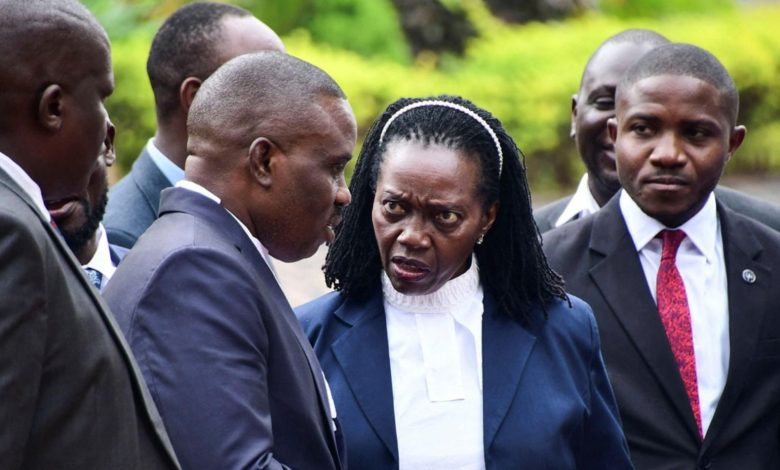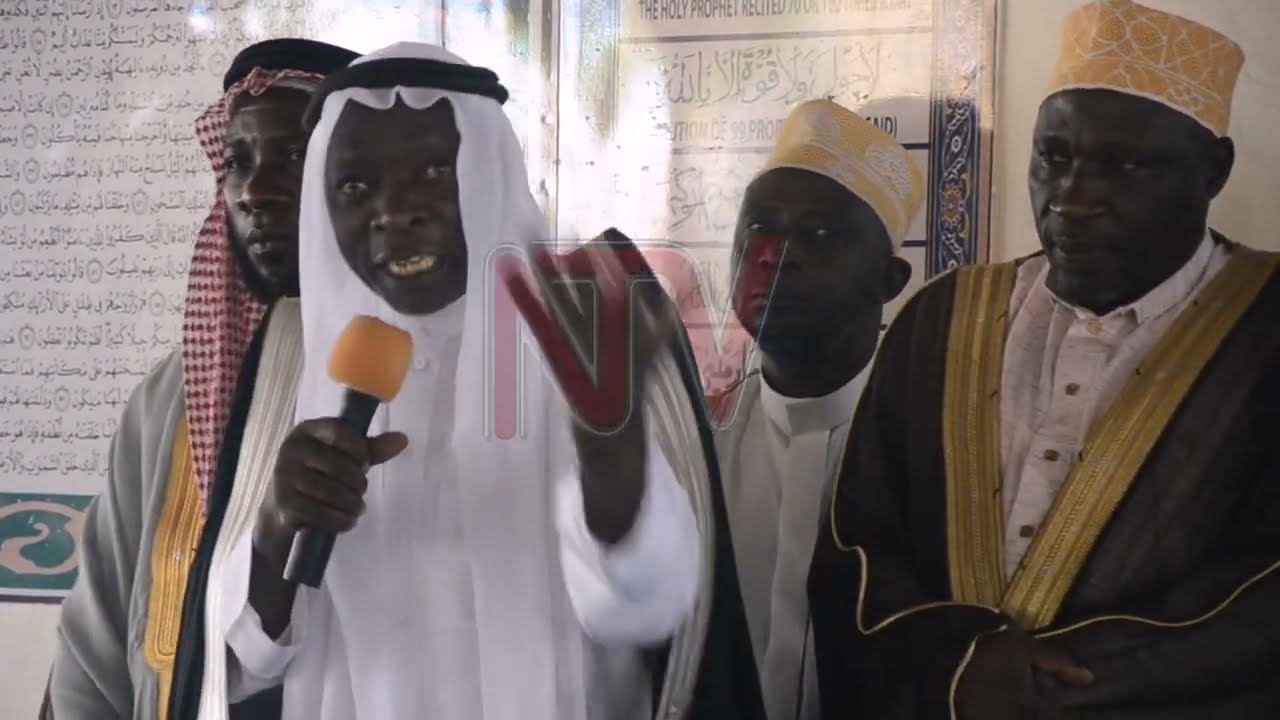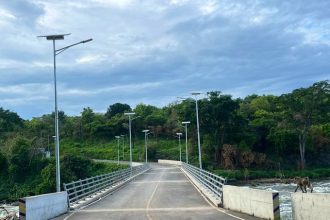The Uganda Law Council is set to convene a special meeting on Monday, January 6, 2025, to reconsider the second application submitted by former Kenya’s Justice Minister Martha Karua for a temporary practicing certificate. Karua was appointed by former Forum for Democratic Change (FDC) President Dr. Kizza Besigye and his aide Hajj Obeid Lutale to head their defense team before the General Court Martial, where they face charges relating to subversion and unlawful possession of firearms.
However, Karua has yet to receive an audience due to not being cleared by the Law Council to practice in Uganda, as required under section 18(1) of the Advocates Act. The special meeting was announced by Uganda Law Society (ULS) President Isaac Ssemakadde in a press release issued on December 31, 2024.
According to section 18 of the Advocates Act, foreign lawyers wishing to practice in Uganda must be from a Commonwealth country, obtain a temporary practicing certificate, and be affiliated with a local Ugandan law firm. The law requires applicants to submit their applications to the Law Council, and if successful, the Chief Registrar of Courts of Judicature will issue the temporary practicing certificate. Once granted, the certificate allows the foreign lawyer to appear or act only in the case for which they were admitted. The special practicing certificate is issued upon payment of prescribed fees, including sh50,000 for the certificate itself, sh400,000 for the Uganda Law Society membership, $50 (about sh184,360) for East African Law Society membership, and sh50,000 for a High Court library fee.
The Law Council initially rejected Karua’s application on several grounds. The rejection included her failure to provide notarized copies of her practicing certificate and a letter of good standing from the Law Society of Kenya, as well as the lack of evidence that she brings any unique skills or knowledge that local Ugandan lawyers do not possess. Additionally, Uganda is not a party to a mutual recognition agreement allowing the free movement of legal practitioners between Kenya and Uganda, and thus the Law Council has discretionary power to admit foreign lawyers under section 18(1) of the Advocates Act.
Another reason for rejecting Karua’s application was that she is a potential witness in the case. Besigye and Lutale allegedly traveled to Kenya to attend her book launch, and Karua had appeared before the General Court Martial, seeking an audience with Chief Justice Alfonse Owiny-Dollo before her application was considered. The Law Council argued that this showed a lack of professional etiquette.
The Law Council’s decision, dated December 6, 2024, also noted that Karua had appeared before the General Court Martial on December 2, 2024, fully robed alongside Erias Lukwago and was introduced as lead counsel for Besigye. This led the Council to believe that she was presenting herself as having a valid practicing certificate, which they considered unprofessional, as per the Advocates Act.
Other issues included Karua’s failure to provide a valid practicing certificate for Erias Lukwago, with whom she was to be affiliated as required by law.
In response to the rejection of her first application, Karua criticized the Uganda Law Council, claiming its decision undermines the spirit of Jumia (East African Community) and the cross-border legal practice collaboration.
Besigye and Lutale, who have been on remand since November 2024, have declined to take a plea, arguing that the army court lacks jurisdiction to try them as civilians. The army court has yet to rule on the matter. The duo will return to court on January 7, 2025.
The charge sheet accuses Besigye and Lutale of negotiating an arms deal with foreign nationals, posing a threat to Uganda’s national security, in addition to possessing two pistols, a monopoly of the Uganda People’s Defence Forces (UPDF).




















